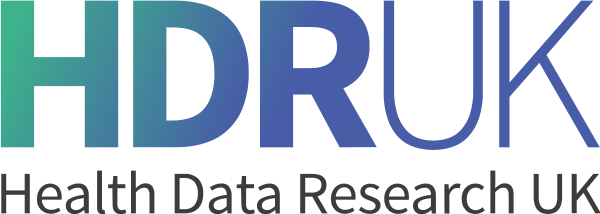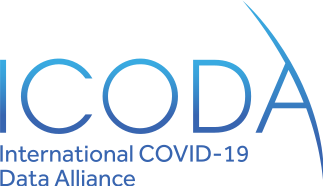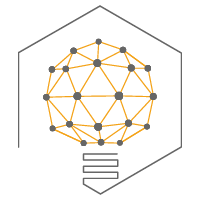The Project
The foundations of the Analytical Platform of Models for Epidemiology aims to provide society with a technological resource that helps in the surveillance and control of infectious diseases in the Brazilian population. In this sense, our project develops four fundamental pillars:
- data structuring and processing;
- data analysis and statistical, mathematical and computational modeling;
- data visualization, analysis and modeling;
- and scientific dissemination.
Currently, Brazil provides a large set of data that allows the study of infectious diseases that most affect the population, such as Arboviruses (dengue, Zika, chikungunya, malaria), respiratory diseases (COVID-19), Tuberculosis, Leprosy, HIV/AIDS, among others.
The processing of these data requires computational resources and varied expertise that allow their knowledge and academic background to allow epidemiological and health surveillance studies. In addition to the study of known diseases, the project also encompasses studies for the possible outbreak of infectious diseases, that is, their emergence in regions not previously affected.
The analysis and modeling of the data described above provides the production of knowledge on a large scale in order to apply measures to rapidly control the disease.
Once knowledge is produced, the dissemination of knowledge to the population becomes a crucial factor in the course of a pandemic, as pathogen control strategies depend on the entire population.
This dissemination can occur through the friendly visualization of the data and results of the models and through materials that are published in the media, webinars, conferences, newspapers, television and others, a work that together becomes an indispensable tool as a guide for managers and sanitarians in the health area.
To learn more and monitor the project's development, access our Newsletter, Articles, Bulletins and Events.
Team

Moreno S. Rodrigues
Moreno Magalhães de Souza Rodrigues is a biologist and professor at FIOCRUZ, working with data science, data analytics, and web visualization, applying to population health studies since 2015. He will contribute to the development, visualization, and implementation of algorithms to perform the proposed analysis.

Juliane F. Oliveira
Juliane Fonseca de Oliveira is a mathematician with expertise in dynamic systems and mathematical modeling applied to epidemiology. She will be mainly in charge of setting up the study, executing the core for evaluating the non-pharmaceutical and vaccination interventions and forecasting analyses, coordinating the team during the analytical phase, and leading the results dissemination phase of the project.

Pablo I. P. Ramos
Pablo Ivan Pereira Ramos has Degree in Biological Sciences at the Federal University of Bahia. PhD in Computational Modeling at the National Laboratory for Scientific Computing (Petrópolis, RJ), an institution where he also obtained a Master's degree.

Arthur R. de Azevedo
Arthur Rios de Azevedo is a statistics undergrad with expertise in developing and deploying online platforms based on the R language. He will contribute to the development of the surveillance platform, data analysis and model development.
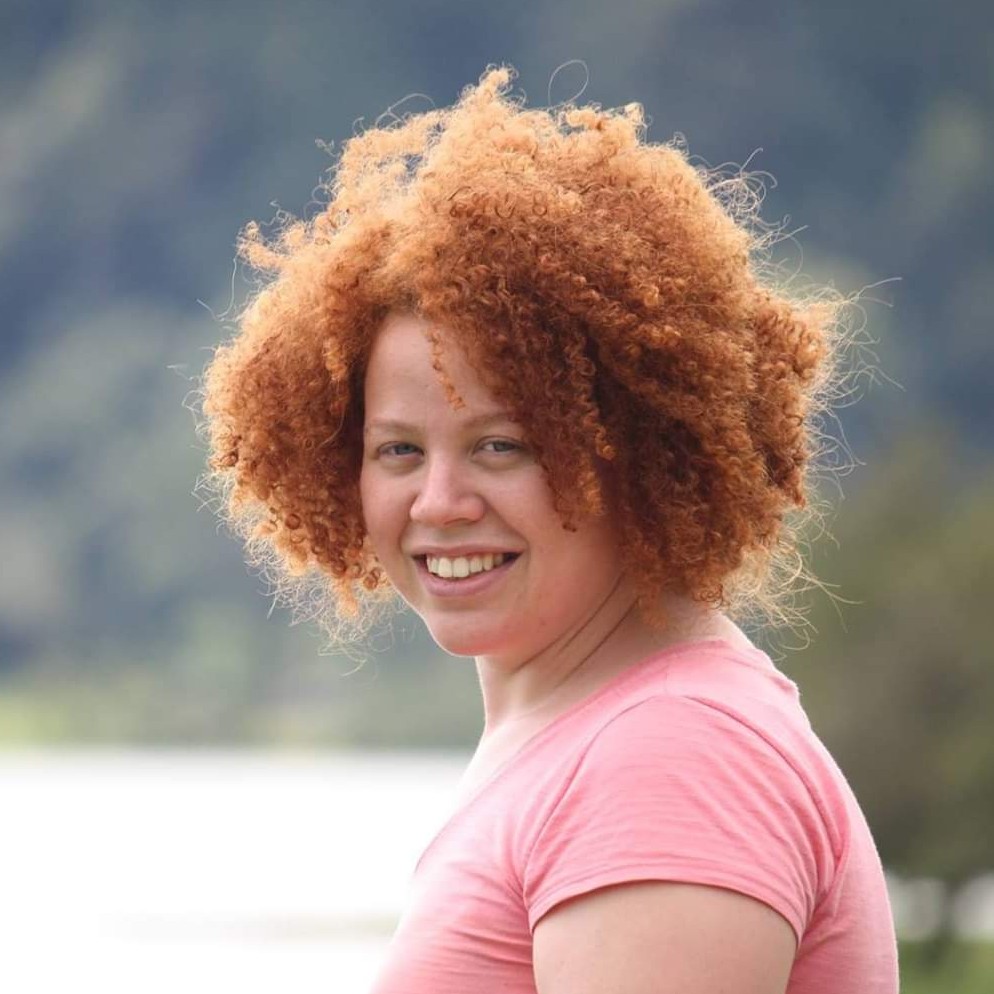
Andressa C. S. Ferreira
Andressa Cristina Silva Ferreira has a Master in Astronomy and experience with data analysis, programming and science outreach. She will contribute to the development and maintenance of the platform and outreach.
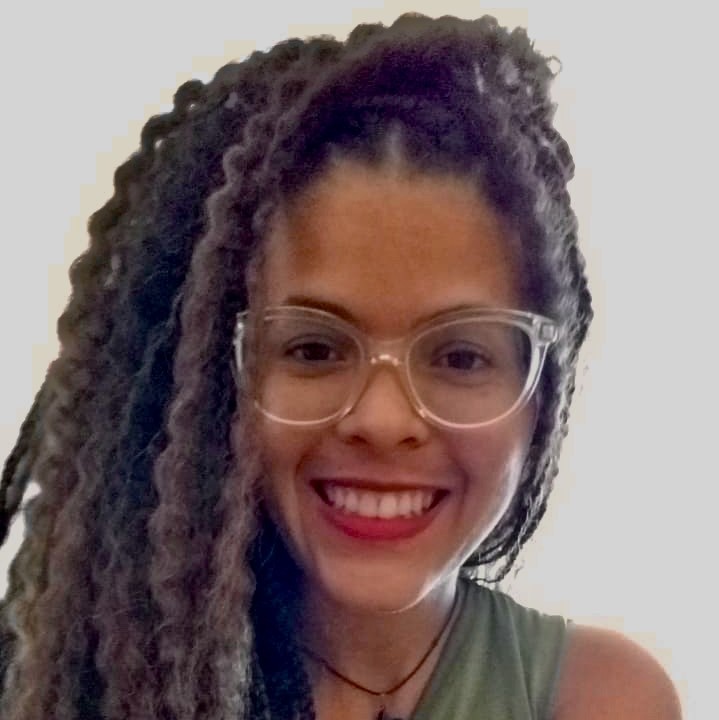
Paloma F. Oliveira
Paloma Fonseca de Oliveira has Degree in Modern and Foreign Language at the Universidade Federal da Bahia (UFBA).
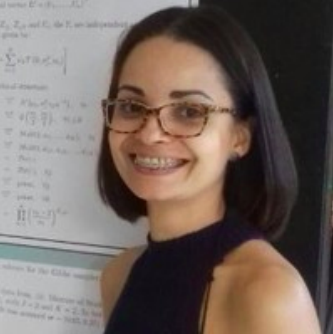
Nívea B. da Silva
Nívea Bispo da Silva is a statistician (professor) with experience in statistical modelling applied to health data, working mainly with longitudinal modelling, correlated data, Finite mixture models and Bayesian statistics. She will contribute to developing the statistical models that will estimate the spatial-temporal transmission risk of the disease.
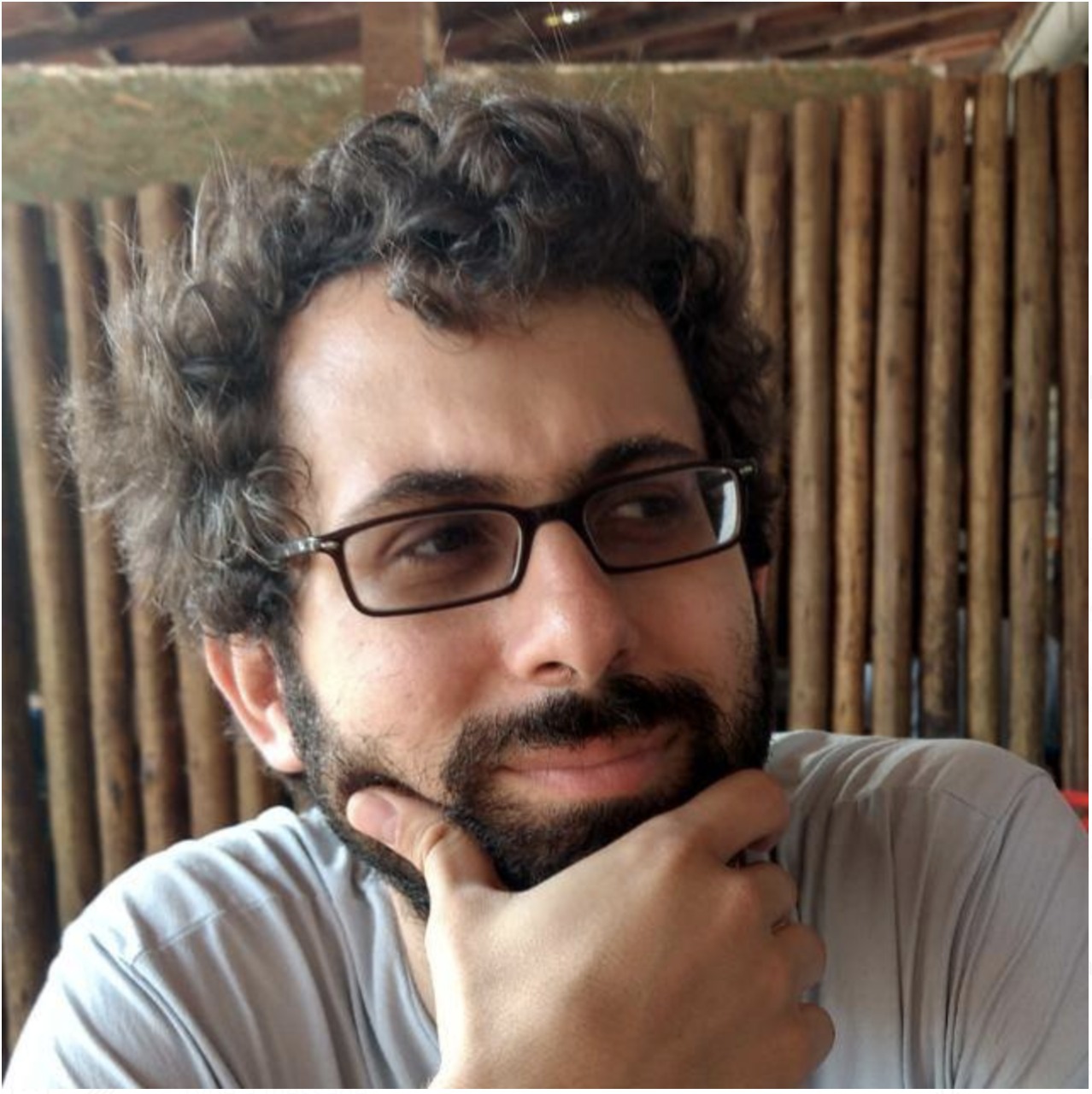
Felipe A. C. Pereira
Felipe Augusto Cardoso Pereira is a physicist with expertise in dynamic systems and mathematical modelling applied to epidemiology. He will execute the core for evaluating the non-pharmaceutical and vaccination interventions and forecasting analyses.
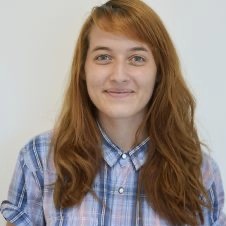
Gabriela L. Borges
Gabriela Lima Borges is a statistician and data scientist specialising in developing and deploying online platforms based on the R language. She will contribute to the development of the surveillance platform, data analysis and model development.
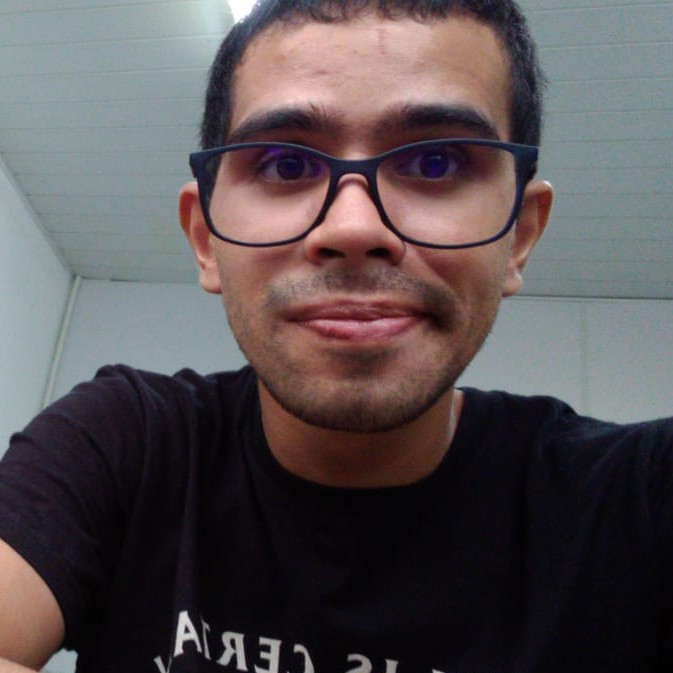
Fábio M. H. Sales Filho
Fábio Marconso de Holanda Sales Filho is a biologist working with data science and data analytics applying to population health studies. He will contribute to the development of the platform and data management and analysis for the project's aims.
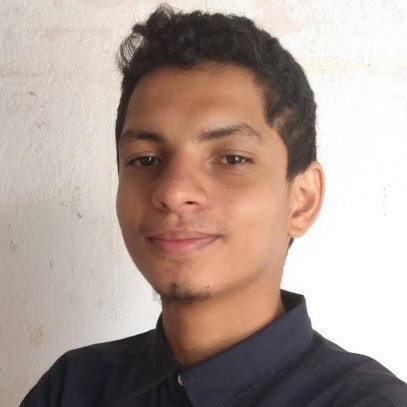
Rafael C. Aragão
Rafael Cavalcante Aragão is a undergraduate student in Physics at Universidade Federal de Rondônia.

Antônio H. C. Laranjeira
Graduated in Social Communication - Journalism at UFRB (2012) with an exchange in Administration, Tourism and Marketing at the Polytechnic Institute of Bragança (IPB), in Portugal. Master in Communication and Society at UFS (2019) and Doctoral Student in Contemporary Communication and Culture at UFBA (2021-2025).

Luis I. O. Valencia
Luis Iván Ortiz Valencia is a statistician with experience in spatial statistical modeling, epidemiology and geoprocessing. He will contribute to data analysis and the development of statistical models of the risk of spatiotemporal transmission of the disease.
Colaborators
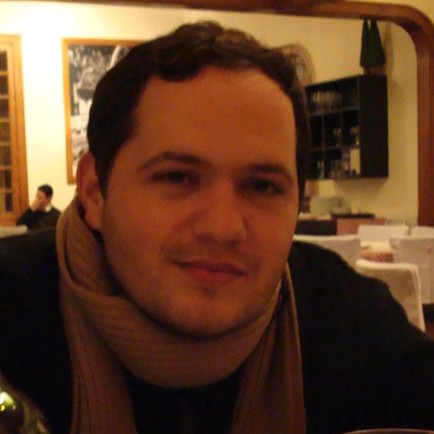
Alan A. S. Amad
Alan Alves Santana Amad has Degree in Mathematics at the Universidade Estadual Paulista Júlio de Mesquita Filho (UNESP), a Master's and a PhD in Computational Modeling at the National Laboratory of Scientific Computing (LNCC).
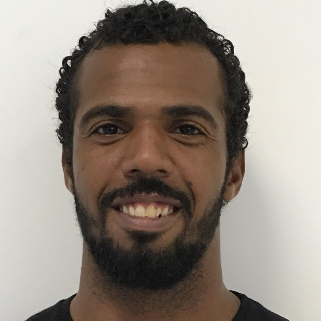
Robespierre D. R. Pita
Robespierre Dantas da Rocha Pita has a Bachelor's Degree (Universidade Salvador, 2010) in Information Systems, a Master's Degree (UFBA, 2015) and a Ph.D. (UFBA, 2019) in Computer Science. He is a specialist in Computer Networks and a substitute and guest professor at UFBA, the National Service for Industrial Learning of Bahia, Faculdade Maurício de Nassau and at the University of Salvador. He is currently a researcher at CIDACS at Fundação Oswaldo Cruz, working in the areas of Distributed Systems, Machine Learning and Data Science, with particular emphasis on Computing Applied to Health.

George C. G. Barbosa
George Caique Gouveia Barbosa has a Degree in Information Systems at Universidade Estadual do Sudoeste da Bahia. He has experience in Computer Science, with an emphasis on Programming.
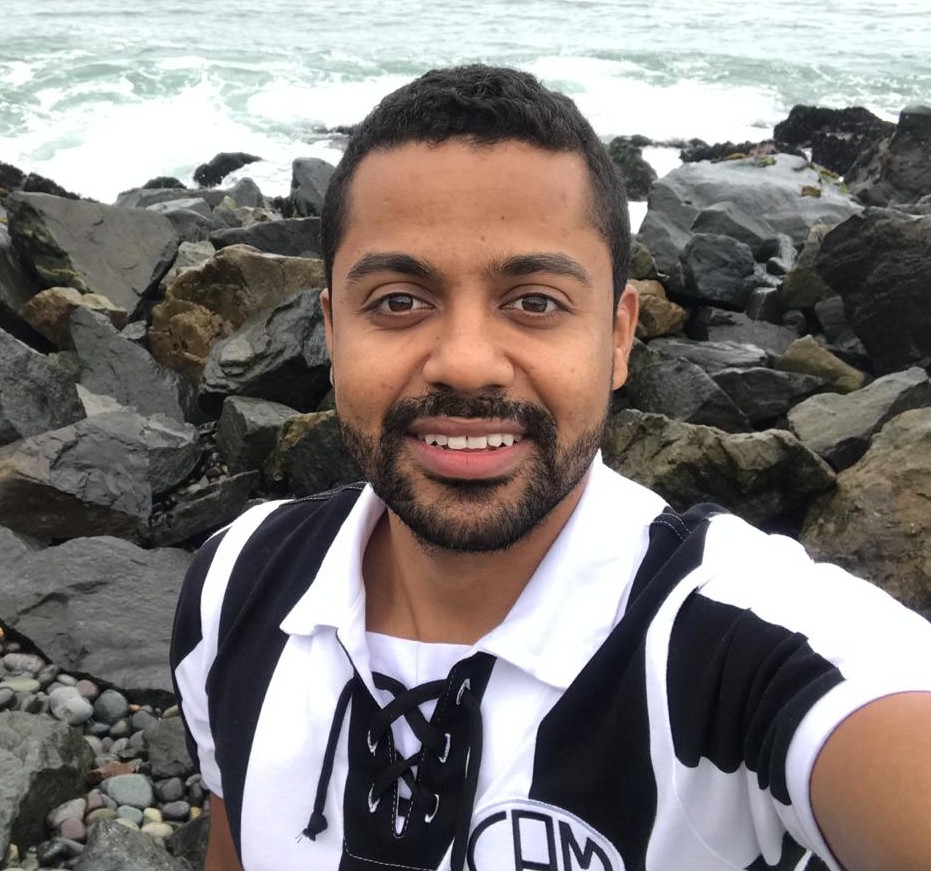
Guilherme L. de Oliveira
Guilherme Lopes de Oliveira is a statistician (professor) with experience in statistical modelling applied to health data, working mainly with Bayesian statistics. He will contribute to developing the statistical models that will estimate the spatial-temporal transmission risk of the disease.
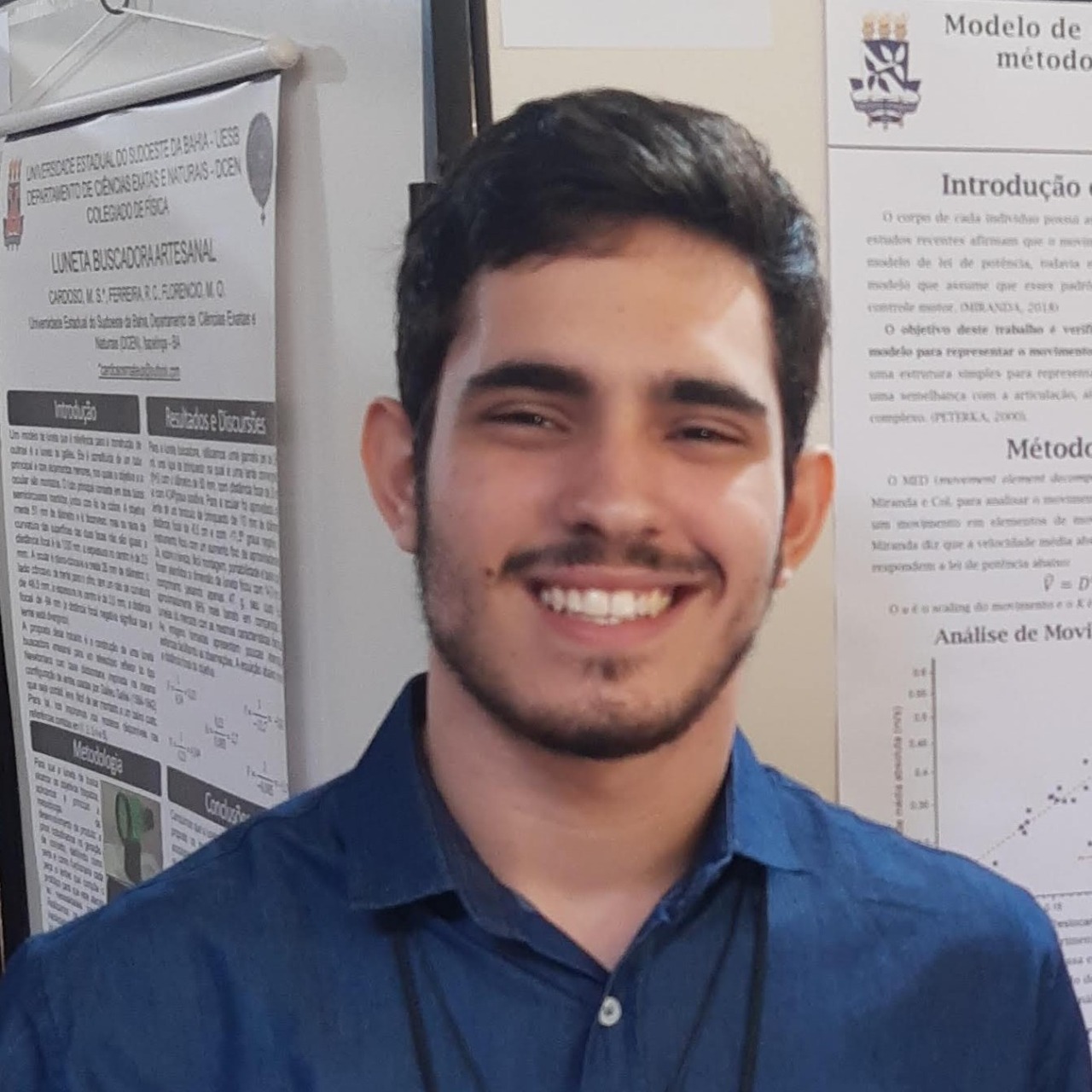
Mateus S. Silva
Mateus Souza Silva is a undergraduate student in Physics at Universidade Federal da Bahia (UFBA) and is a member of the Laboratory of Biosystems (LABIOS), where he works with computational modeling and analysis of complex systems.
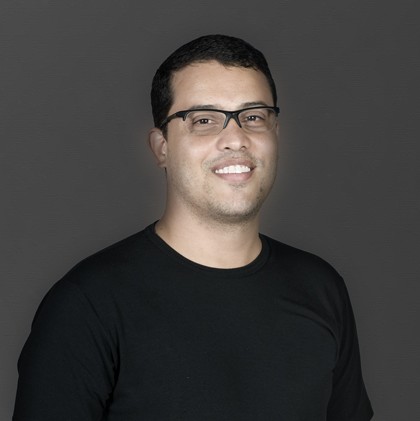
Gilson Rabelo de A. Neto
Graduated in Design (UNEB), specialist in Marketing (UNIFACS) and in Undergrad Education Methodology (UNEB), acting as a designer in the graphic/digital/interfaces areas.
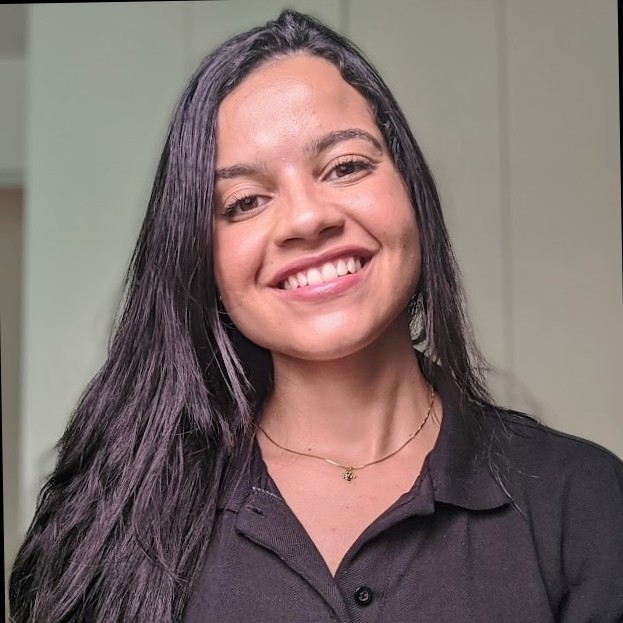
Glenda Borges
Glenda Borges is a web developer with experience in the Angular javascript framework. She works on the development of dashboards to explore and compare epidemiological models.
Support
Grand Challenges ICODA COVID-19 Data Science (2021-2022)
Support received from the Bill and Melinda Gates Foundation and Minderoo Foundation HDR UKReference Number 2021.0097
